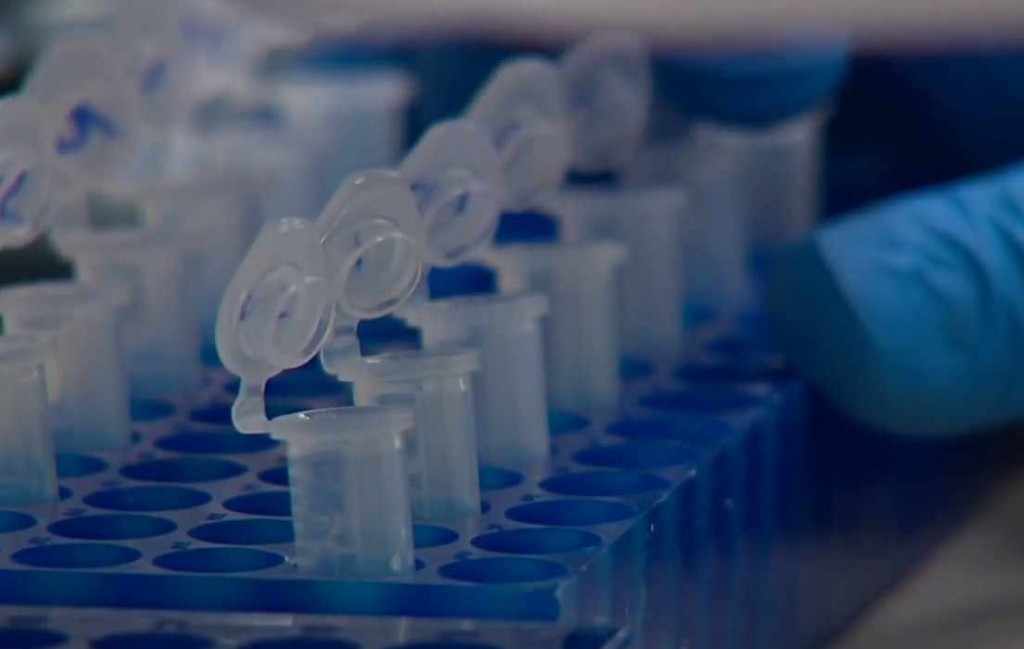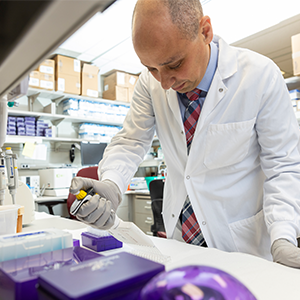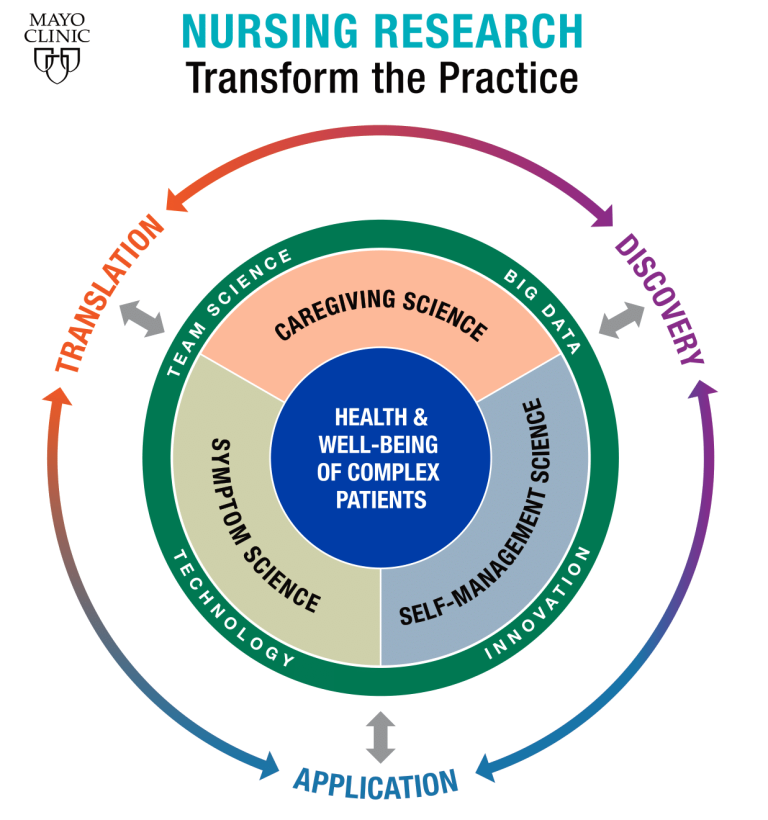-
Mayo Clinic biorepository earns highest accreditation honors
 ROCHESTER, Minn. — The Mayo Clinic Center for Individualized Medicine’s biorepository has earned the College of American Pathologists (CAP) biorepository accreditation, an internationally recognized gold standard of operational excellence. CAP accreditation requires proof of the highest level of accuracy in collecting, processing and storing blood and tissue samples used in research to improve patient care. Biorepositories also must meet scientifically endorsed standards of quality, efficiency, consistent process and best practices.
ROCHESTER, Minn. — The Mayo Clinic Center for Individualized Medicine’s biorepository has earned the College of American Pathologists (CAP) biorepository accreditation, an internationally recognized gold standard of operational excellence. CAP accreditation requires proof of the highest level of accuracy in collecting, processing and storing blood and tissue samples used in research to improve patient care. Biorepositories also must meet scientifically endorsed standards of quality, efficiency, consistent process and best practices.
“This is a further demonstration that the biomedical community can trust us to provide quality samples preserved through methods that meet or exceed industry standards,” says Stephen Thibodeau, Ph.D., program director of the Mayo Clinic Biorepository. “Rigorous processes in handling samples lead to solid studies with valid results. This will help us meet the growing need for qualified biospecimens crucial to developing targeted, personalized diagnostics and therapies.”
CAP accreditation ensures that Mayo Clinic’s biorepository is in line with international best practice guidelines for handling human blood and tissue samples. This peer-based inspection model includes an on-site inspection and meeting a comprehensive checklist of requirements aimed at reducing errors and ensuring quality.
“This accreditation is validation from an external body that we have superior management of our biorepository,” says Mine Cicek, Ph.D., assistant professor of Laboratory Medicine and Pathology, Mayo Clinic College of Medicine, and director of the Biospecimens Accessioning and Processing lab, which processes and stores blood and other liquid samples. “This tells us that we haven’t missed anything in our own oversight. We’ve gone through a very rigorous process that finds we are complying with standardized criteria and following best practices.”
Biorepositories play an important role in studying health and disease. Biospecimens are used in research to advance patient care in many ways, such as finding genomic links to disease, testing new drugs or developing new therapies. The samples are especially helpful in research on rare diseases in which it is difficult to collect samples from patients who come from different parts of the globe.
“The biorepository quality team did a wonderful job to bring together all of the elements to obtain this accreditation,” says Thomas Flotte, M.D., professor of Laboratory Medicine and Pathology, Mayo Clinic College of Medicine, and director of the Pathology Research Core, which provides advanced services for research tissue samples. “It was a team effort involving all of the staff of the biorepository.”
MEDIA CONTACT: Susan Buckles, Mayo Clinic Public Affairs, 507-284-5005, newsbureau@mayo.edu
Once accredited, biorepositories must maintain high-quality operations with an eye on continuous improvements. Inspections will be done every three years to ensure compliance.
Biorepository staff members on Mayo Clinic’s Arizona and Florida campuses are preparing for CAP inspection and accreditation in 2017.
Dr. Thibodeau is the David F. and Margaret T. Grohne Director, Mayo Clinic Biorepositories Program, Center for Individualized Medicine, and the William H. Donner Professor.
###
About Center for Individualized Medicine
The Center for Individualized Medicine discovers and integrates the latest in genomic, molecular and clinical sciences into personalized care for each Mayo Clinic patient. For more information, visit http://mayoresearch.mayo.edu/center-for-individualized-medicine/.
About CAP
As the leading organization with more than 18,000 board-certified pathologists, CAP serves patients, pathologists and the public by fostering and advocating excellence in the practice of pathology and laboratory medicine worldwide. The CAP’s Laboratory Improvement Programs, initiated 65 years ago, have customers in more than 100 countries, accrediting 7,700 laboratories and providing proficiency testing to 20,000 laboratories worldwide. Find more information about CAP at http://www.cap.org.
About Mayo Clinic
Mayo Clinic is a nonprofit organization committed to clinical practice, education and research, providing expert, whole-person care to everyone who needs healing. For more information, visit http://www.mayoclinic.org/about-mayo-clinic or https://newsnetwork.mayoclinic.org/.







